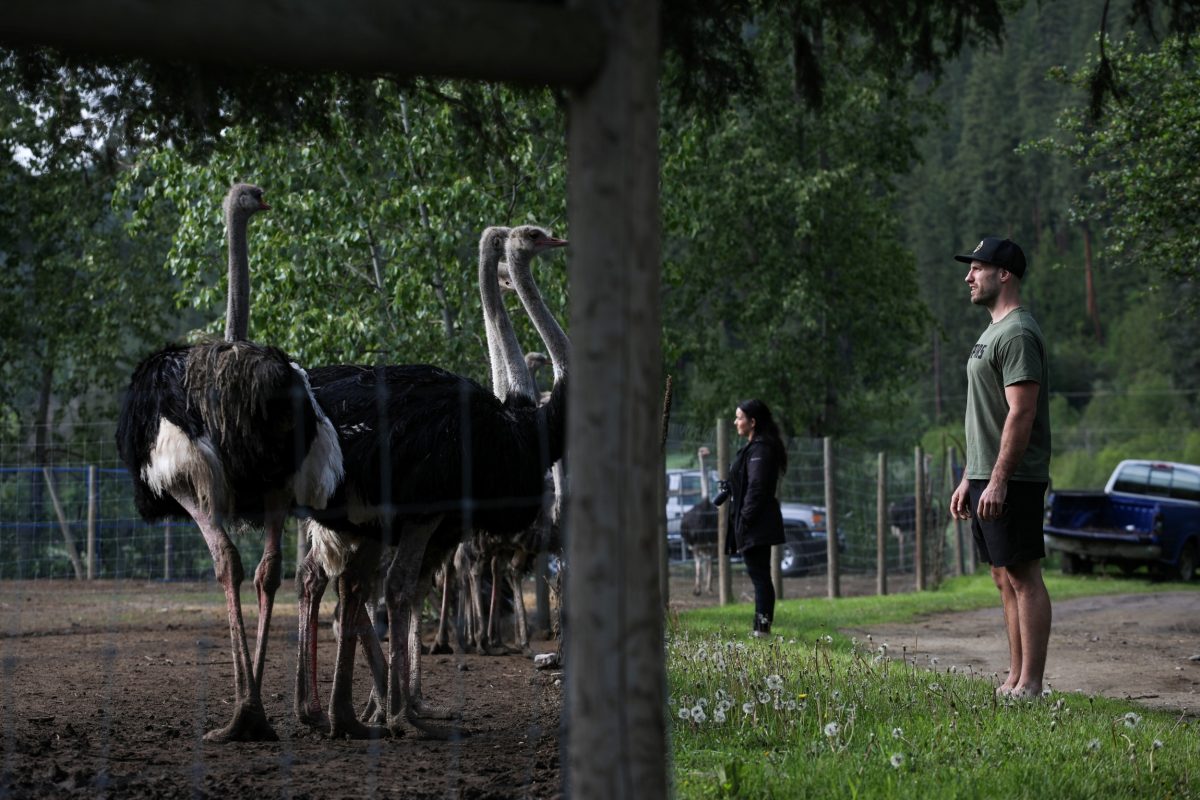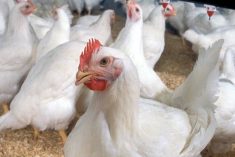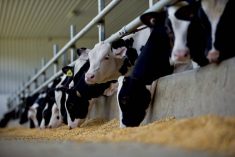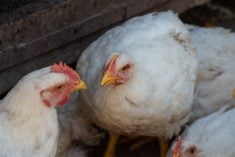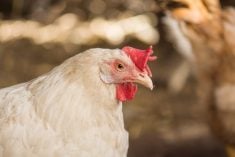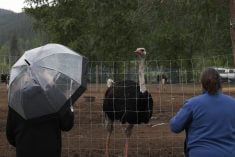An embattled British Columbia ostrich flock remains a significant risk to human health, an epidemiologist says.
Even one or two positive results of H5N1 can be enough to declare an outbreak said Dr. Giorgia Sulis, who is Canada Research Chair in Communicable Disease Epidemiology.
“The issue is that avian influenza is highly transmissible, and the detection of even a very small number of positive samples is something that has to be taken with extreme caution,” Dr. Sulis said.
Read Also

Federal budget draws mixed reaction from Canadian agriculture groups
The 2025 federal budget took a step forward in recognizing agriculture’s importance but failed to address pressing challenges like labour disruptions, interswitching and precision technology, say Canadian farm groups.
“It usually indicates that there is a lot more than that. So, what you detect is normally the tip of the iceberg.”
International attention drawn
Universal Ostrich Farm in Edgewood, B.C. has gained widespread public attention since the Canadian Food Inspection Agency (CFIA) ordered the cull in December of last year. Protestors have gathered at the farm. A Facebook group called “Save Our Ostriches” now has some 13,000 followers as of June 11 and an online fundraising campaign had raised more than $36,500.
The case has gained international traction as well. U.S. Secretary for Health and Human Services Robert F. Kennedy Jr. sent an open letter to the CFIA asking them to reconsider the cull. Dr. Mehmet Oz offered to house the birds in Florida, which the farm’s owners reportedly declined.
According to the Save our Ostriches website, the CFIA’s order was based on two PCR tests, which showed positive results of H5N1 avian influenza in birds dead for over 24 hours.
The website says the farmers were shocked by the results and requested further testing on tissue samples, which they call “the gold standard for diagnosing any illness.”
Sulis said the specificity of these tests is close to 100 per cent and the potential number of false positives “is extremely low or virtually zero.”
Farm not co-operating
According to a May 30 release from the CFIA, Universal Ostrich Farms “has not cooperated with the requirements set out under the Health of Animals Act including failure to report the initial cases of illness and deaths to the CFIA and failure to adhere to quarantine orders.”
It also said the farm failed to take necessary risk mitigation measures like limiting the ostriches’ exposure to wild animals, controlling water flow from the quarantined zone and improving fencing.
Sulis said it’s extremely important to stop transmission as quickly as possible once the virus is detected. There’s a risk of transmission to wild animals or even to humans.
“That’s why it’s important to act very, very quickly, and sometimes depopulating the flock is the quickest way to do that.”
Late last year, a B.C. teen was hospitalized in critical condition after she contracted bird flu.
The CFIA statement says keeping birds that have been exposed to H5N1 alive and failing to stamp out the infection means a source for the virus potentially still exists, along with the risk of it mutating.
Flock could provide research opportunities, farm argues
The owners of the farm have argued the birds have developed herd immunity and should be studied to help fight avian flu and contribute to antibody research.
“The ostriches at Universal Ostrich Farms are valued not only for their genetic traits but also for their strong, robust immune systems, which have attracted the interest of researchers worldwide,” including collaborations with professors from Kyoto, Japan and Boston into antibodies found in ostrich eggs, the farm said on the Save our Ostriches website.
The farmers argue their flock could provide research opportunities for managing diseases in wild populations. Kennedy echoed this notion in his letter to the CFIA.
According to the CFIA’s statement, the farm has not substantiated their claims of on-farm research and provided no research documentation during a request for exemption from the disposal order.
No long-lasting immunity
Sulis said avian influenza viruses can’t induce a long-lasting immune response.
“They might be immune for a while, but this immunity most likely will wane over time, and usually immunity lasts for only a few months.”
Sulis added this is not entirely understood and there is need for more research in this space, “but generally speaking, given how influenza viruses are structured and the type of immune response that they induce, it’s unlikely that animals that are exposed and do not show symptoms will remain immune for a long time.”
According to the Save Our Ostriches website, 69 ostriches died in December during the outbreak that prompted CFIA intervention, but as of several weeks later “no further illnesses or deaths (had) occurred.” They argue the remaining birds are healthy.
The birds’ fates may not be a done deal, according to Minister of Agriculture and Agri-Food Heath MacDonald. When asked by reporters in Ottawa about the fate of the birds, MacDonald said the birds will “not necessarily” be killed, although “the process is in place.”
According to the May 30 statement, the CFIA says it still plans to move forward with a “humane depopulation with veterinary oversight at the infected premises”


